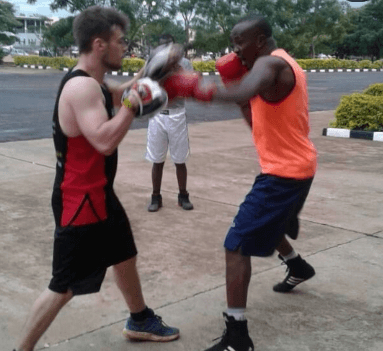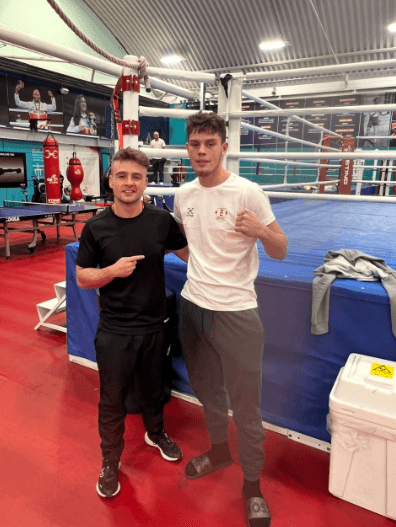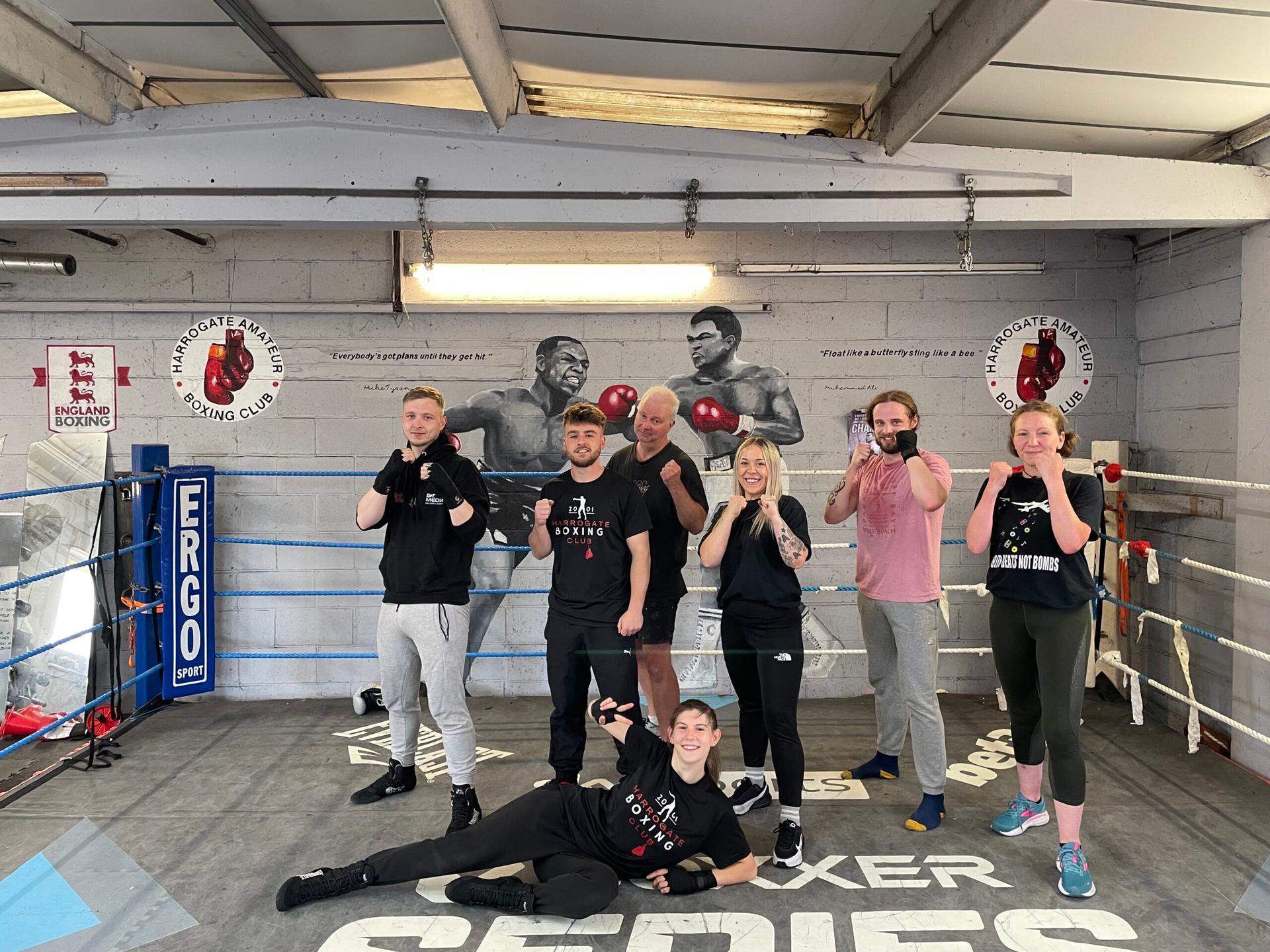Subscribe to trusted local news
In a time of both misinformation and too much information, quality journalism is more crucial than ever. By subscribing, you can help us get the story right.
- Subscription costs less than £1 a week with an annual plan.
Already a subscriber? Log in here.
13
Jul
The Harrogate boxing coach setting his sights on Africa

At just 28, Harrogate boxing coach Ben Smith has already travelled the world with his sport.
The head coach of Harrogate Amateur Boxing Club has spread his knowledge to the far corners of Africa.
He is also a level 3 boxing coach. This is an achievement not many can boast about.
An elite coaching course, the level 3 qualification was introduced as part of a restructure of the England Boxing’s education programme in 2019.
It is intended for high-performing boxing coaches, “whether this be within a club or at international level”, as per England Boxing.
It is one of the most exclusive qualifications in boxing. The programme usually runs once a year, with only a select number of people making it on.
Last year’s cohort consisted of only 20 coaches. Application criteria are strict, too.
Among other criteria, coaches must be over 23 years old, have held a level 2 coaching qualification for at least three years, and have evidence of performing in a high-level coaching environment for the last five years.
Smith is part of the minority.
Having boxed at the Harrogate Amateur Boxing Club (ABC) since the age of 10, Smith was forced out of competing after sustaining a shoulder injury.
Not wanting to give the sport up, he moved into coaching at the gym.
In between this, he travelled to countries across Africa, doing voluntary work in Kenya and working with boxing clubs in Rwanda.
While he was there, Smith got to work with the Ugandan former world title challenger, David Basajjamivule.


Ben Smith trains with David Basajjamivule.
The head coach has led his gym for six years now.
Smith was 18 when he got his level 1 qualification, and 21 when he got his level 2. He completed his level 3 course this year.
He told the Stray Ferret what the 18-month course was like:
The course is really tough. You’re fully assessed on what you would do in certain scenarios. They gave us 15 minutes to come up with a game plan to fight the French national team. So, we had to identify how they box, what tactics do they use. We knew they have a Cuban coach, so we looked at Cuban boxing tactics.
The coursework was the hardest part. We had to do six-week training programmes documenting every single session someone is doing. It was around 35-40,000 words long.

Smith was invited to GB headquarters to train with some of the best boxers.
Although Smith found the course difficult, he said it was an incredible experience.
The Harrogate coach worked alongside coaches who have trained GB level athletes and coached some England development boxers.
But how does a level 3 coach operate an amateur club? Smith said:
I’m a big proponent of athlete-led sessions. I want to move away from the idea that you’re the coach and you’re telling [students] all the time what they need to be doing. That leads to a culture of reliance. I ask them questions all the time and get them into a feedback loop where they can analyse things and then make decisions based on what they’re seeing. It gives them a massive degree of autonomy in their training.
It's easy to get a big ego as a boxing coach because you can feel like you’re carrying your lad through the fight when you’re in the corner. But a lot of the time it’s nothing to do with you and it’s all the stuff they’ve worked on in the gym and them making the decisions.

Smith also puts on sessions for people in recovery.
The 28-year-old also said he wants to be “a happy labrador” around the gym, as he thinks it gets the most out of his boxers.
He said that some of them can have a tough outer shell and take months to break down.
But eventually, by being a positive role model, he said they will become “a nice, well-mannered, socialised human being that can take care of themselves outside and inside of the ring”.
Smith leads by example, showing good values inside and outside the ring.
The Stray Ferret recently reported that he helps put on weekly hour-long sessions for recovering addicts.
The coach said that he wants to put on more funded sessions in the future and help as many people as he can.
He also expressed his desire to develop a national champion from Harrogate.
Speaking of his personal ambitions, Smith said he hopes to return to Africa one day. He added that he would love to coach a national team to a major competition.
Whether it be Seychelles or Starbeck, Ben Smith certainly has a bright future ahead of him.
0